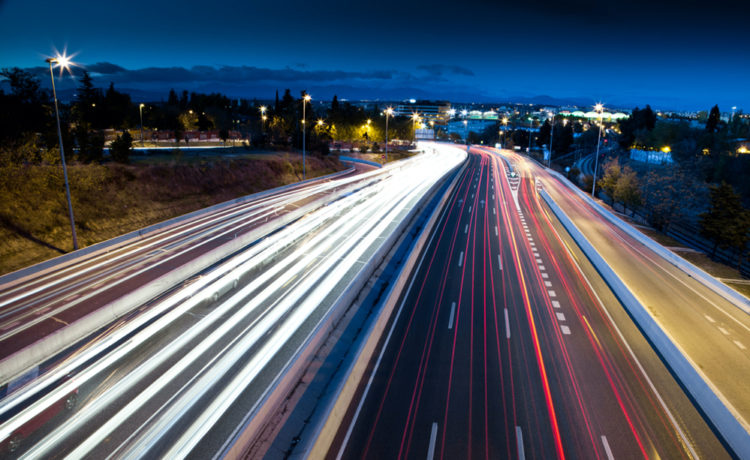
Pause and Reflect
By Liz Ilgenfritz, June, 2017
I recently read the book, Thank you for Being Late: An Optimists Guide to Thriving in the Age of Accelerations, by Thomas Friedman, the New York Times Op-Ed columnist. His take on the world in which we live today inspired me to consider how yoga translates into our “accelerating” age.
Friedman posits: “The three largest forces on the planet: technology, globalization, and climate change, are all accelerating at once. As a result, so many aspects of our societies, workplaces, and geopolitics are being reshaped and need to be reimagined.”
A few examples that come to mind are: social media, the new “shared economy” (co-working spaces and Airbnb), and the current state of our government (just consider our new president). These are all cycling at such a rapid pace that we have less time to adapt and respond; we feel constantly disoriented. Haven’t we all thought, “I can barely keep up”?
Many of us have gone through periods when we just have to step away from it all. I personally have stepped away from Instagram for weeks at a time, and I’ve stopped using Facebook altogether. I suppose we do this because we are seeking a sense of stability and grounding that is quite elusive when things move at such a rapid pace. It’s why many of us come to yoga, right? To practice stillness and being in the present moment. This brings us back to the title of Friedman’s book, “Thank You for Being Late…”, which is what the author found himself saying to people if they arrived late for a meeting, because their tardiness had given him time to pause and reflect.
About this “age of accelerations”, the author writes, “…opting to pause and reflect, rather than panic or withdraw, is a necessity. It is not a luxury or a distraction – it is a way to increase the odds that you’ll better understand, and engage productively with, the world around you.”
But of course, what matters most is what you do in the pause. I’m pretty sure binge watching your latest Netflix guilty pleasure doesn’t constitute pause and reflect.
Friedman’s friend and teacher Dov Seidman says,“When you hit the pause button on a machine, it stops. But when you press the pause button on human beings, they start. You start to reflect, you start to rethink your assumptions, you start to reimagine what is possible and, most importantly, you start to reconnect with your most deeply held beliefs. Once you’ve done that, you can begin to reimagine a better path.”
Seems like a much better use of time than reading Trump tweets.
In this most modern of circumstances, we can still call upon ancient yoga scriptures. The importance of “pause and reflect” calls to mind Yoga Sutra 2.1: “Tapas Svadyaya Isvarapranadanani Kriya Yoga,” which translates to “discipline, self study, and orientation towards the universal, constitutes yoga in action.”
As we pause and reflect (rather than withdraw) and assess, and possibly challenge the assumptions and beliefs we’ve formed, we can then redirect so we are less disoriented. The pause gives us an opportunity to become better aligned with both our true nature and the world in which we live. This practice of yoga in action may actually accelerate our own adaptability. After all, not many of us plan to retreat to the caves of Tibet to live in isolation! As human beings, we are not meant to be static, and we live in this age of accelerations.
How often do you pause and reflect? Are there beliefs or perspectives you’ve formed that need reshaping (in order for you to adapt as the world around you changes)? Can you connect with that which is universal within you and consider how it moves you?
Would you thank someone for being late?

